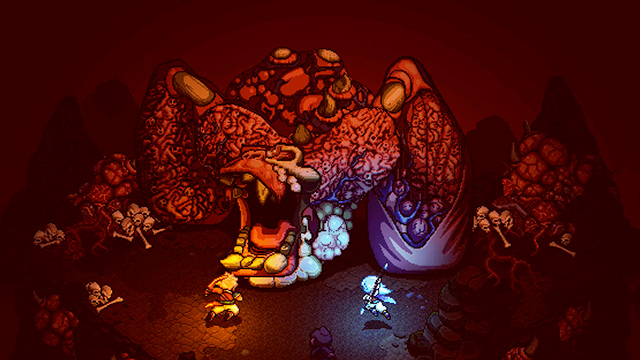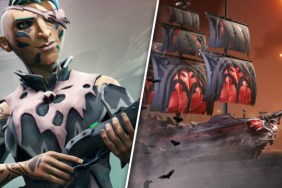The world is ablaze with an ongoing pandemic, but video games have been a godsend as most of the world is stuck inside. Doom Eternal and Animal Crossing: New Horizons are just hours away from release and offer some immediate respite for $60, which is worth it even as the panic has tightened wallets around the globe. The newly announced Sea of…

Atlas is an action-rpg with rogue-like elements where you use your ability to control the ground to fight the enemies and move through procedurally generated worlds.










